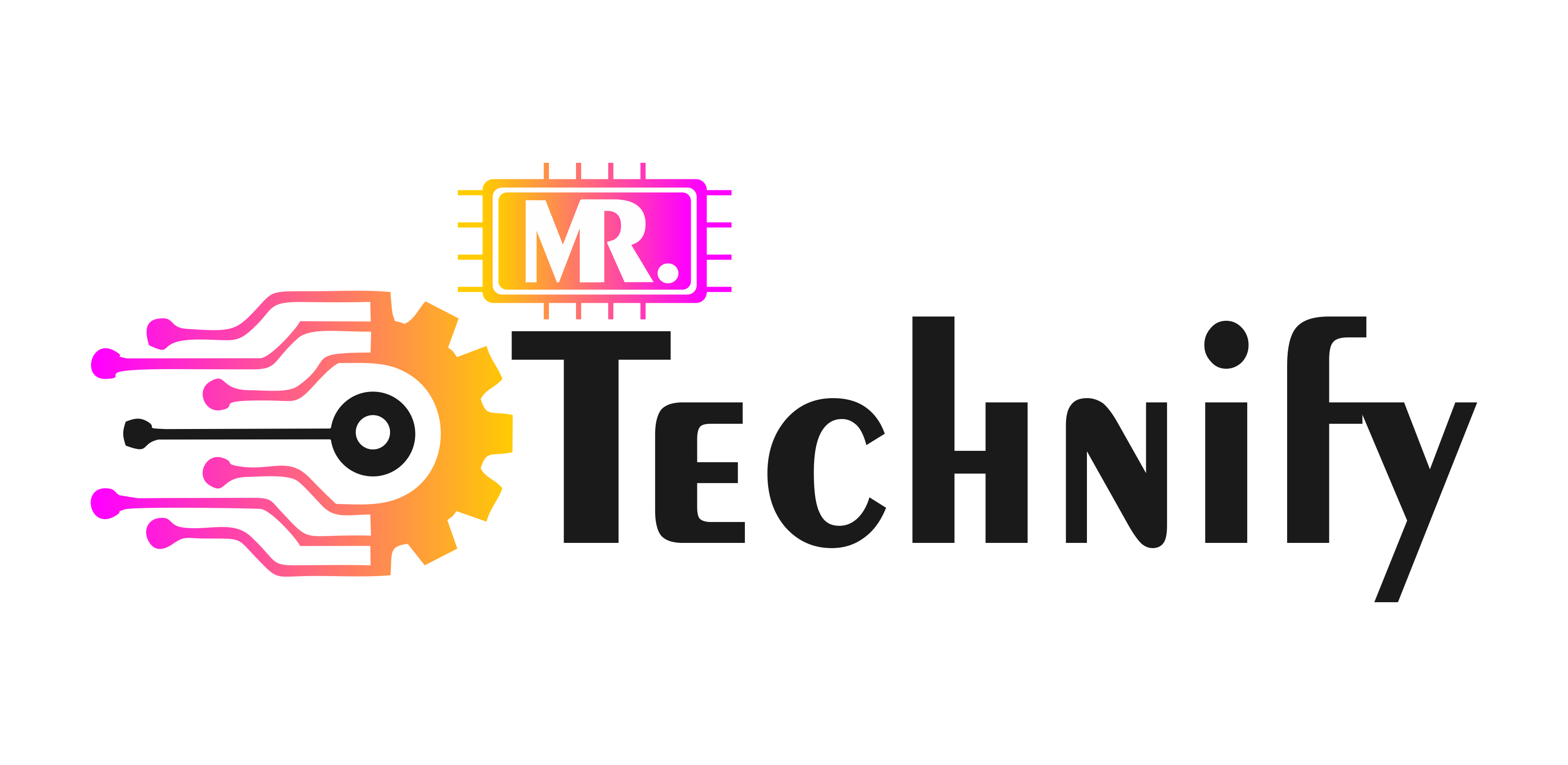AI in FinTech sector signifies a monumental shift, bringing unprecedented efficiency and innovative solutions. This integration has revolutionized traditional financial practices, introducing automation and advanced analytics that streamline operations and enhance customer experiences. The fusion of AI in FinTech is not just a trend; it’s a fundamental transformation in the financial world, offering advanced capabilities and reshaping the future of finance.
Understanding AI: A Brief Overview
-
AI Basics
Artificial Intelligence, in its essence, is the simulation of human intelligence processes by machines. It includes learning, reasoning, and self-correction. AI’s basic premise is to enable machines to perform tasks that typically require human Intelligence, ranging from simple problem-solving to complex decision-making.
-
Evolution of AI Technology
The evolution of AI technology has been a journey of constant innovation and expansion. From its early days as a theoretical concept to becoming a core component of modern technology, AI has grown exponentially. In FinTech, this evolution has been particularly impactful, leading to more sophisticated and efficient financial services.

FinTech Revolution: The Role of AI
-
AI in Banking
In the banking sector, AI has transformed operations, customer service, and risk management. Banks now use AI for everything from chatbots providing customer support to algorithms that detect fraudulent activities and assess credit risk. This has not only improved efficiency but also customer satisfaction and security.
-
AI in Insurance
AI’s role in the insurance industry is equally transformative. It streamlines claims processing, enhances risk assessment, and bolsters fraud detection. Through AI, insurance companies can analyze vast datasets to identify patterns and predict risks, enabling them to offer more accurate and personalized insurance plans. This technology has revolutionized traditional insurance models, making them more responsive and customer-focused.
How AI is Changing Financial Services
-
Personalized Banking Experience
AI has ushered in a new era of personalized banking experiences. By analyzing customer data, AI can provide tailored financial advice, predict customer needs, and offer customized products. This personalization not only enhances customer satisfaction but also fosters a deeper, more engaged relationship between banks and their clients.
-
Fraud Detection and Prevention
AI plays a crucial role in FinTech by detecting and preventing fraud. AI algorithms can analyze transaction patterns in real time, identifying anomalies that may indicate fraudulent activities. This proactive approach to fraud detection ensures greater security for both financial organizations and their customers.
The Impact of AI on Investment Strategies
-
AI in Stock Market Analysis
AI has significantly transformed stock market analysis. By processing vast amounts of market data and employing advanced algorithms, AI can identify investment opportunities, predict market trends, and provide valuable insights to investors and traders, leading to more informed and strategic investment decisions.

-
AI in Portfolio Management
In portfolio management, AI offers tailored investment strategies based on individual risk profiles and investment goals. By analyzing market conditions and personal preferences, AI-driven portfolio management tools can optimize asset allocation and improve investment returns, offering a personalized investment journey.
Challenges and Risks of AI in FinTech
-
Data Security Concerns
Ensuring the security and privacy of data is paramount for AI systems since they heavily rely on it. The challenge lies in protecting sensitive financial information from breaches and cyber-attacks, a crucial concern in the digital era of FinTech.
-
Ethical Considerations
AI’s integration into FinTech also raises ethical concerns, such as potential biases in AI algorithms and the transparency of automated decision-making processes. Addressing these ethical considerations is essential to maintaining trust and fairness in AI-driven financial services.
Future Trends: AI in FinTech Integration
-
Predictive Analytics
Looking ahead, predictive analytics is poised to become a key focus in AI and FinTech. This involves using AI to forecast future market movements, customer behaviors, and financial trends, enabling more proactive and strategic decision-making in the financial sector.
-
AI-Driven Customer Service
AI is also expected to revolutionize customer service in FinTech. With advancements in NLP and machine learning, AI-driven customer service tools are becoming more efficient and capable of providing personalized, human-like interactions, enhancing the overall customer experience.
Conclusion
The integration of AI in FinTech represents a significant advancement in the financial sector, offering improved efficiency, enhanced security, and personalized services. However, as we forge ahead, it is crucial to address the accompanying challenges and risks, ensuring a balanced and ethical approach to AI implementation. The future of FinTech, powered by AI, holds great promise, blending innovation with responsibility to reshape the financial landscape.
FAQs for AI in FinTech
What role does AI play in investment strategies?
AI assists in analyzing market data, predicting trends, and managing investment portfolios, allowing for more informed and strategic investment decisions.
Are there any risks associated with using AI in FinTech?
Yes, risks include data security concerns, potential biases in AI algorithms, and ethical challenges related to automation and decision-making.
Can AI in FinTech lead to job displacement?
While AI automates certain tasks, it also creates new job opportunities and roles that focus on AI management and ethical considerations.
What is the future outlook for AI in FinTech?
The future of AI in FinTech is geared towards more advanced predictive analytics, enhanced customer service, and the development of new, innovative financial tools.
Rate our Article ( AI in FinTech | A Comprehensive Guide)How much do you like our Article?








